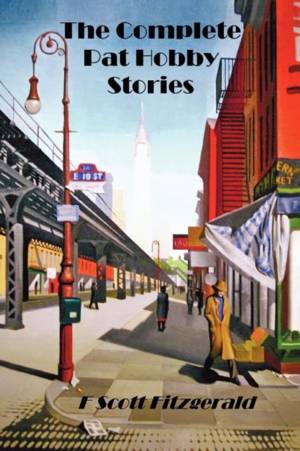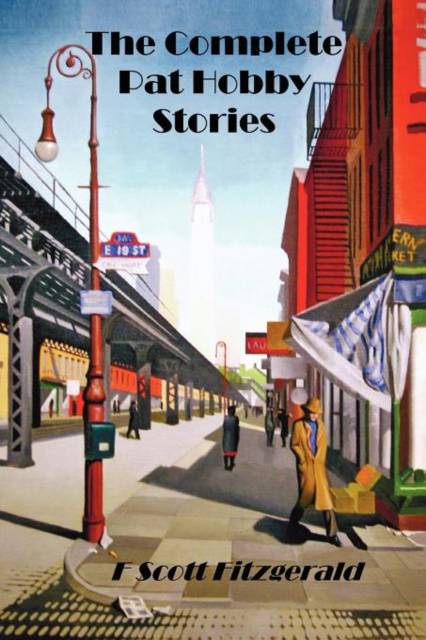
- Afhalen na 1 uur in een winkel met voorraad
- Gratis thuislevering in België vanaf € 30
- Ruim aanbod met 7 miljoen producten
- Afhalen na 1 uur in een winkel met voorraad
- Gratis thuislevering in België vanaf € 30
- Ruim aanbod met 7 miljoen producten
Zoeken
Omschrijving
The Pat Hobby Stories are a collection of 17 comedic short stories written by F. Scott Fitzgerald. They first appeared in Esquire magazine between January 1940 and May 1941, but in 1962 they were collected into a single book and published posthumously. Pat Hobby is a once successful screenwriter in Hollywood, but now an alcoholic and broke, who spends his time hanging around the studio, hoping for work. The stories generally revolve around him hatching a plan to earn money or glory in some way, but they usually end in further humiliation. The introduction to the book states, "while it would be unfair to judge this book as a novel, it would be less than fair to consider it as anything but a full-length portrait. It was as such that Fitzgerald worked on it, and would have wanted it presented in book form, after its original magazine publication. He thought of it as a comedy."
Specificaties
Betrokkenen
- Auteur(s):
- Uitgeverij:
Inhoud
- Aantal bladzijden:
- 120
- Taal:
- Engels
Eigenschappen
- Productcode (EAN):
- 9781781392140
- Verschijningsdatum:
- 11/06/2012
- Uitvoering:
- Paperback
- Formaat:
- Trade paperback (VS)
- Afmetingen:
- 152 mm x 229 mm
- Gewicht:
- 185 g

Alleen bij Standaard Boekhandel
+ 22 punten op je klantenkaart van Standaard Boekhandel
Beoordelingen
We publiceren alleen reviews die voldoen aan de voorwaarden voor reviews. Bekijk onze voorwaarden voor reviews.











